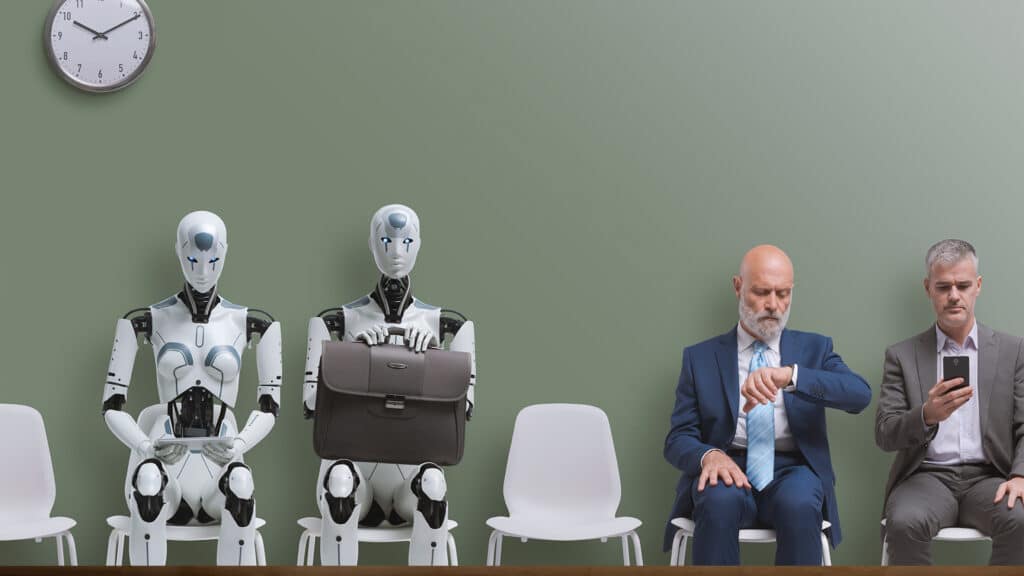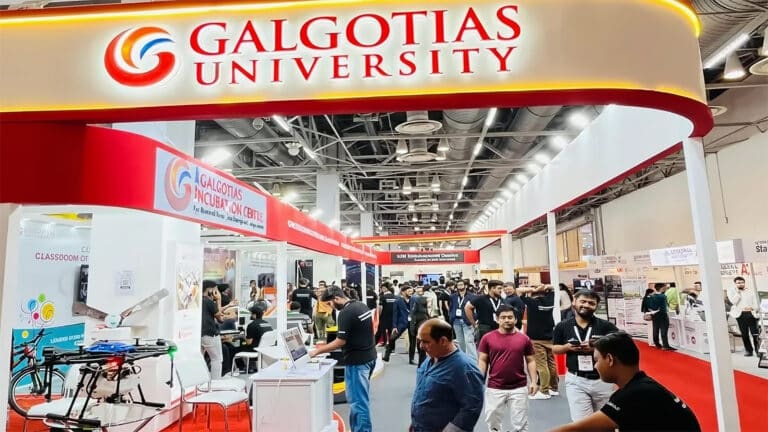
A sluggish economy, a battered real estate market, and tighter tech oversight have already squeezed China’s labor market. The rapid advance of artificial intelligence could make the situation even more challenging, according to RAND Corporation fellow Marianne Lu.
Ambitious AI targets amid labor market strain
Beijing has laid out sweeping digital transformation goals. By 2027, the government wants AI tools, devices, and applications to be used in more than 70% of society; by 2030, that threshold should surpass 90%.
Yet the ruling Communist Party faces a problem it cannot sidestep: soaring youth unemployment. Record numbers of college graduates are entering a labor market where once-reliable sectors — such as real estate, finance, and information technology — are shrinking or freezing hiring.
Workers most at risk from automation
Lu notes that younger workers and those with fewer skills are likely to feel the first effects of AI adoption. Early automation typically replaces entry-level office roles and routine physical tasks. A glimpse of that future appeared last year in Wuhan, where drivers protesting Baidu’s autonomous taxis held demonstrations that drew national attention.
Government balances progress and social stability
Beijing has accepted job losses before in the service of economic reform, and officials may be prepared to do so again as AI expands. Still, Lu highlights, recent signals suggest the government is considering ways to blunt the fallout. The country’s «AI+» initiative — largely focused on accelerating the use of the technology—also includes a directive to limit negative effects on employment.
During this year’s Two Sessions political meetings, one official even proposed an «AI + Employment» strategy that could include tax breaks, wage support, retraining programs, and potential restrictions on replacing certain human jobs with machines.
Steering AI to strengthen, not disrupt
China’s leaders face the question of how, not whether, AI will reshape the economy. Their main goal is to advance AI adoption while avoiding social disruptions that could damage public trust. In Beijing’s view, real success is a transition where technological progress and social stability go hand in hand.













